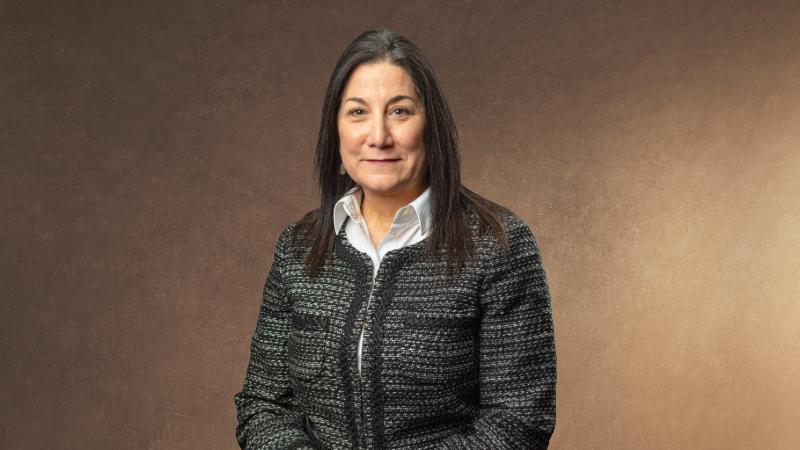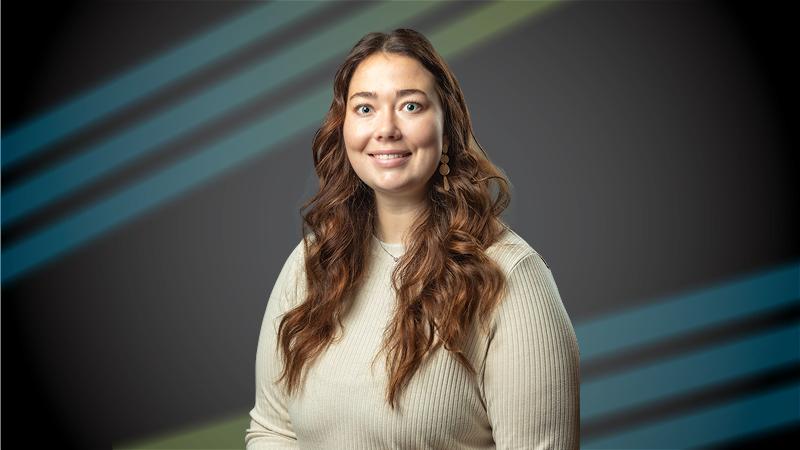
October 27, 2021

When I think of breast cancer, I think of education, emotional support and awareness. When I think of breast cancer, I think of encouragement, hope, strength and patients with superwoman capabilities. When I think of breast cancer, I don’t normally think of guilt. Guilt. What an ugly word, guilt. Yet, there it is at the tip of my tongue as I write these words. Guilt is never a word that I have associated with breast cancer: until now.
I have attended numerous events promoting education and knowledge of early detection and the risk factors associated with breast cancer. I have been a champion at advocating for breast cancer awareness. I even find myself telling strangers the importance of mammograms, and early screening for breast cancer. So one can imagine how shocked I was to learn that one of my close friends was recently diagnosed with breast cancer -- before the age of 50! She did not have a family history and felt she did not need to have a mammogram starting at the age of 40. How could she not know this? I failed my friend! I felt guilty for not talking more about the importance of early detection. I felt guilty about not asking if she has had her mammograms. I felt guilty for assuming everyone in my inner circle knew that most breast cancers are not genetic -- in fact, only 20% are! How could I have failed my close friend? Whether it is you or someone you love, anytime there is a cancer diagnosis, we all feel guilty. We become all too familiar with the, “I should have, I could have, if only I would have” mantras. I am here to tell you, the, “would haves and could haves” help no one going through a breast cancer diagnosis. Our best tool is to forgive ourselves of this guilt and focus on education, empowerment, knowledge and awareness.
One thing I have learned over the years is knowledge is power. When someone is diagnosed with breast cancer, the best advice I can offer is knowledge and awareness of their disease. This allows someone to take control of their situation and gain the self-awareness and empowerment that is crucial in fighting their fight and conquering a cancer diagnosis. Another way to take control is to know the facts.
Fact: breast cancer does affect women under the age of 45; in fact, 9% of all breast cancers are diagnosed under the age of 45.
Fact: early detection does in fact save lives. When caught early, breast cancer cure rates are in the 99th percentile with proper treatment.
Fact: men get breast cancer too: 1-2% of all breast cancer diagnosis are men.
Fact: alcohol has been linked to various cancers; breast cancer is one of them.
We can take control of our knowledge of breast cancer awareness; we can rid ourselves of the guilt associated with a cancer diagnosis. Talk to your provider about clinical breast exams, screening mammogram at the age of 40, and know what feels normal for you and your breast health. Adopt a healthy lifestyle; aim for 150 minutes of exercise per week, and limit your alcohol intake.
Pam Sasser is a registered nurse at St Peter’s Health and has been the Breast and Gynecological Nurse Navigator for over eight years. She is a Navy veteran and a Carroll College graduate.


